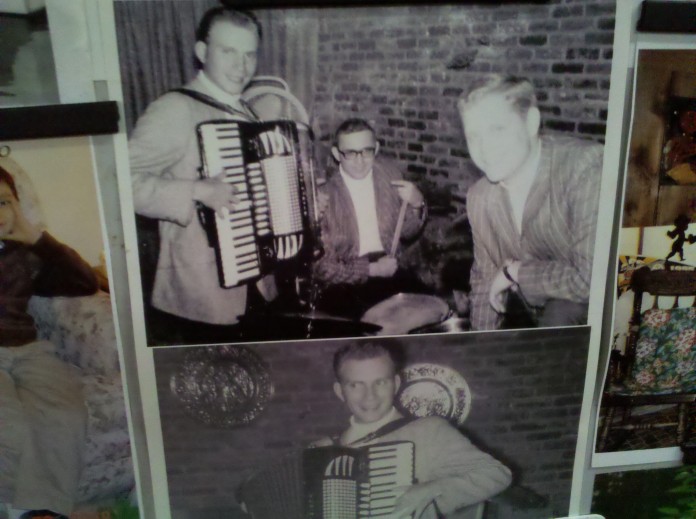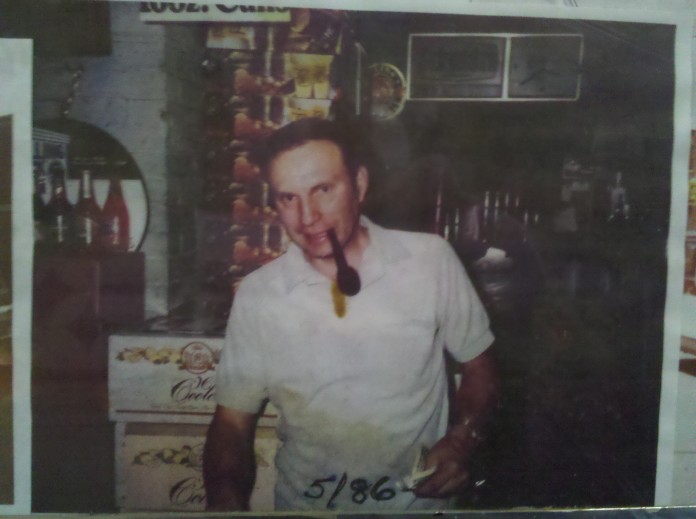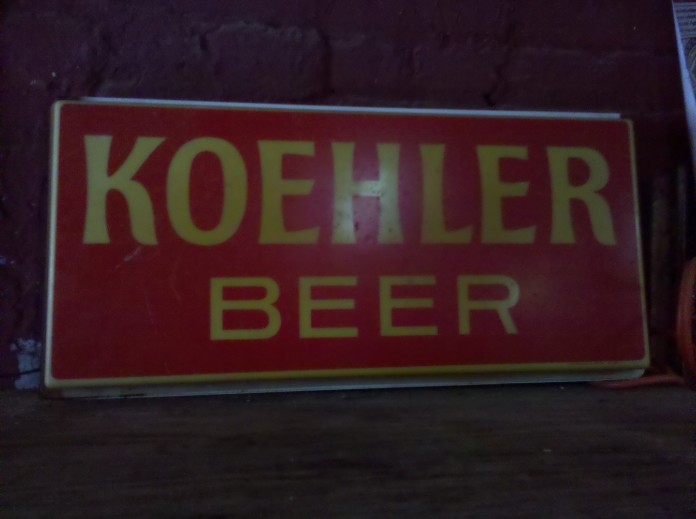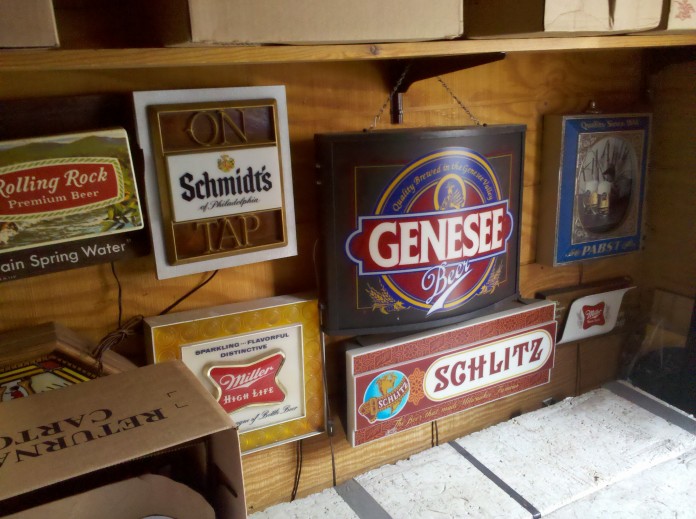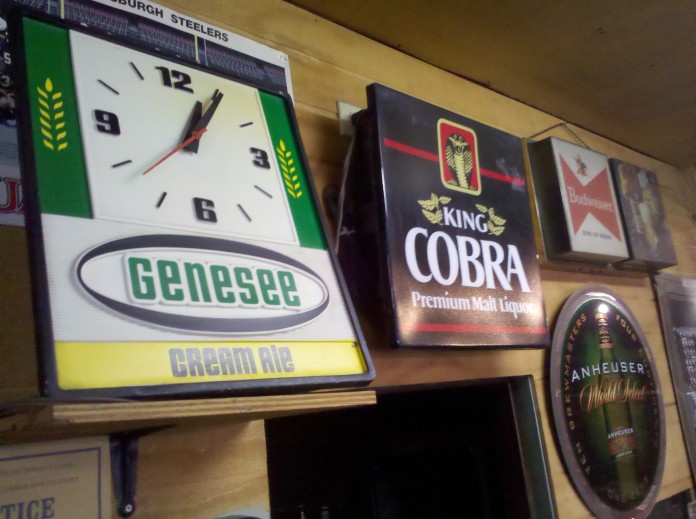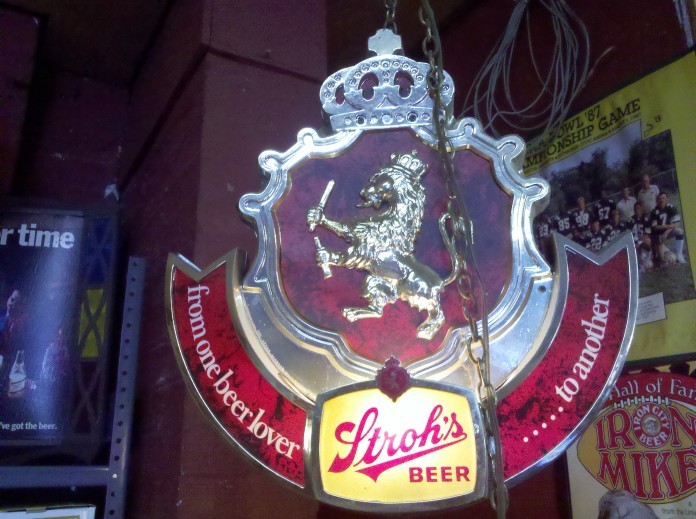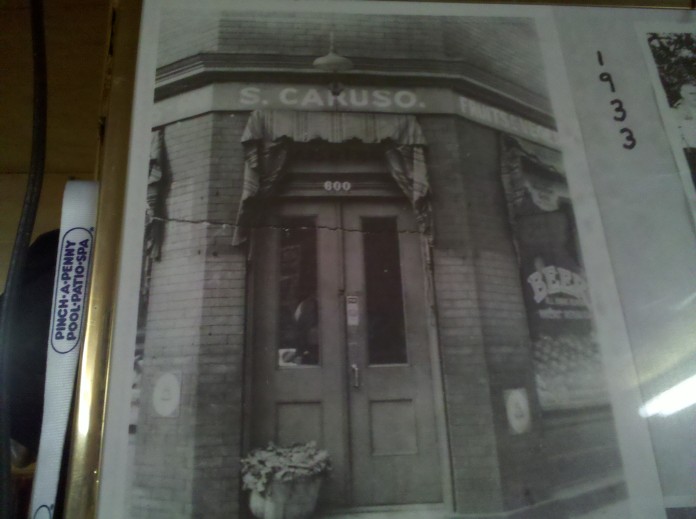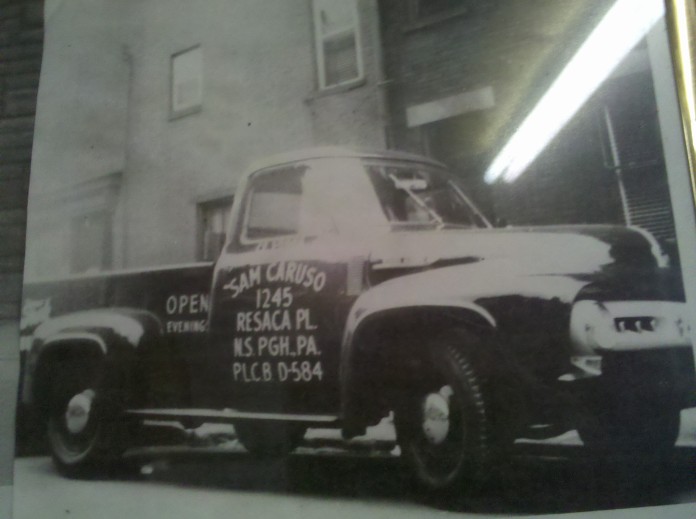Sam Caruso started out as a teacher. Grew up on the North Side in Mexican War Streets, where his Sicilian father opened a beer store in 1933, right after the end of Prohibition. Maybe the first one in Pittsburgh after repeal. He’d worked in the store since 1944, when he was 4 years old. But he was something else with an accordion.
So he went to Duquesne. Bachelor’s, then master’s. All in music. Taught first in Sharpsburg then up in Clarion County.
“I had one class that was girls’ chorus,” he said. “Finally I figured out that if I didn’t want the girls to talk all the time I had to get my accompaniest to go straight from one song into another without a break. I had those girls singing more than 40 minutes in a row, but no chattering.”
He didn’t make much money teaching — $6,000 a year at first — and he still worked for his dad in the summers delivering beer for a couple hundred bucks a week under the table. Time came in 1968 to open a new place a couple blocks from the one on Resaca where it had been since 1940.
“My dad asked me if I’d like to come in and work selling beer full-time,” Caruso, 71, said. “So there I was and here I am.”
The place has been around. Inside, it looks almost untouched, let along unchanged, since 1968. Back then, he used to sell almost 10 times as much Iron City as anything else, with Fort Pitt in the top five. Sometimes people offer him more money for his old beer signs than they spend on actual beer.
Seems like a lot of those old, family-owned beer distributors around Pittsburgh don’t change much. They still bank on Busch, Yuengling, High Life, Bud Light, Duquesne — often in cans — to keep their old regulars coming in but have no interest in the newer stuff.
This is where Sam’s a bit different. He carries those, but also gets in cases from Rogue, Great Lakes, Smuttynose, Troegs and others. In his office he keeps bottles from distributors’ samples he’s gotten to remind him what he’s had and liked. If a customer wants something he doesn’t carry, he’ll order it and call them when it comes in. He keeps a handwritten list of certain customers’ names, phone numbers and beer preferences by the cash register.
“Things change,” he said. “Tastes change. Some of those newer microbrews are really good beers. I’ll sell whatever people want, but beer’s come a long way.”
So has his family’s place. He’s not sure whether one of his children will take it over.
“They say they want to, but there’s no action on it,” he said. “I’m not going to be here forever.”
Even if it seems the business has been around that long. He collects old photos of his family and the beer distributorship — 19,000 in all, all of which he scanned in to keep digital copies.
Their first storefront:
A delivery truck:
He moved out of the neighborhood long ago, but he’d like to see the business remain.
“I hope it can,” he said. “I’ve always felt we had a real connection to this place.”

